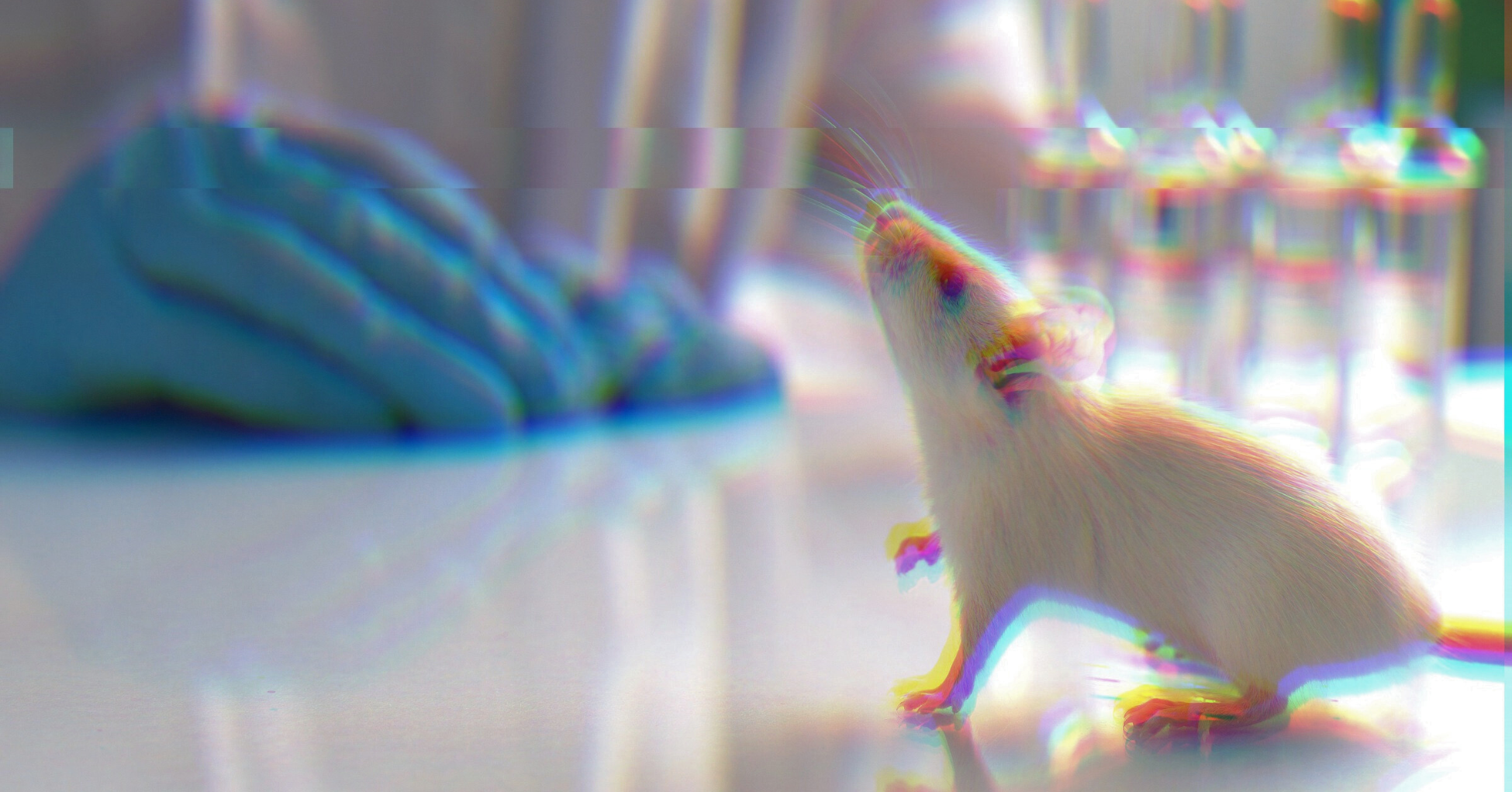
South Korea just passed a new law that introduces consistent standards for animal testing in national R&D projects. Yet, for those of us fighting to end animal experimentation, the most compelling part of the law isn’t about animal research at all — it’s about “pet shops”.
Under the new law, all “pet-related businesses” must install CCTV, or closed-circuit surveillance. As the government rightly put it, these requirements “mark a critical step forward in reinforcing animal welfare” and strengthening transparency and accountability.
South Korea’s message highlights a simple, powerful truth: transparency protects animals. And that’s exactly why the U.S. animal research industry fights daily “to keep everything that it [] does from the light of day”.
Here, in the United States — a country that brags about democracy and openness — animal exploiters are allowed to operate outside of public (much less camera) view, even when using taxpayer dollars.

Here, the federal government works overtime to insulate labs from oversight, weaponizing bureaucracy and legal loopholes to evade accountability.
This is why Rise for Animals:
- Created and hosts the only open-source database for animal research records.
- Unconceals insider accounts of industry practices.
- Pushes for legal reforms that require the industry to tell us the most basic truths about what it’s doing.
- Is suing the USDA.
And, it’s why we all must keep fighting for the right to witness the exploitation happening in our name.
Though far from South Korea’s blanket invocation of CCTV, PETA did recently request that the NIH allow for an “uncensored, and unedited access to a live-streamed audio-visual feed of the monkeys” incarcerated at one of the NIH’s animal labs. The NIH refused, so PETA has sued, seeking to use the First Amendment’s guarantee of a “‘right to listen’–a right to receive communications from willing speakers”, including monkeys screaming behind concrete walls and metal bars–to force the NIH’s hand.
We’ve already seen glimpses of what the footage would show.
Thanks to Freedom of Information Act requests and the work of undercover investigators, we’ve seen the animal research industry’s most naked and damning truths, if only in select moments and excerpts.
Just imagine what live, uncensored feeds would reveal.
Just imagine what could happen if the public could really see and hear what “science” looks like in U.S.

The U.S. animal research industry has imagined just this, which is undoubtedly why it fights transparency at every turn.
The industry knows, just like we do, that — once the public realizes that the horrors it’s seen are not exceptions but, rather, the rule — outrage, resistance, and demands for justice will follow.
And, that’s why we must keep working to expose the industry’s hard-fought secrets.
Even if lab CCTV is a pipe dream in the U.S., we can continue working together to carve out new windows that let us all see the truth for ourselves — one record, one video clip, one legal challenge (and, indeed, one victim) at a time.
Your call to action: Demand transparency of government-funded animal laboratories. Urge your U.S. members of Congress to support the Federal Animal Research Accountability Act of 2025 (H.R. 3295). This bill aims to finally force the NIH to collect the number of animals bred, used, and killed by NIH-funded labs — and to make that data public.
Share this blog on X or Bluesky now,
or share this link on Facebook or anywhere else:
riseforanimals.org/news/cctv